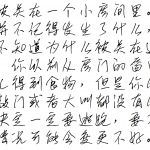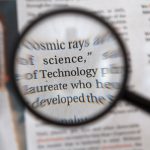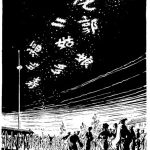Articles tagged with ‘Reading’
-
6 things in Chinese that are harder to learn than they seem
It’s hard to gauge the difficulty of something without having mastered it first. When something is easier than you think, that’s not very serious, but if you think something is much easier than it actually is, it can feel quite bad and decrease motivation. This article is about things that are harder than they seem when learning Chinese.
Read → -
Learning to read handwritten Chinese
Everybody struggles with writing Chinese characters by hand, even if handwriting can often be avoided in a modern, digital society. But what about reading other people’s handwriting?
Read → -
How to improve your Chinese writing ability through focused reading
Everybody knows that if we want to improve our writing ability, we need to read more. But what should we read and how? With enough exposure, we can probably learn anything, but it’s much more efficient if we read with focus. If that focus coincides with the current weaknesses in our writing ability, supplemented with some targeted practice, we can improve our writing more quickly!
Read → -
A language learner’s guide to reading comics in Chinese
This article is a guide to reading comics in Chinese, suitable for beginners as well as those who already have some experience. Reading comics is an excellent way of attacking the Great Wall of Chinese (the daunting effect of seeing a whole page of text and not knowing what to do). It’s also fun, which is arguably the most important thing.
Read → -
Approaches to reading in Chinese
Reading is one of the best ways of picking up new vocabulary once we reached an intermediate or advanced level, but it’s also necessary to read a lot to be able to write Chinese properly. Reading also enables us to understand word usage and brings us closer to the culture behind the language. This article is focused on reading in Chinese, including reading method, book selection, benchmarking, vocabulary and more.
Read →




